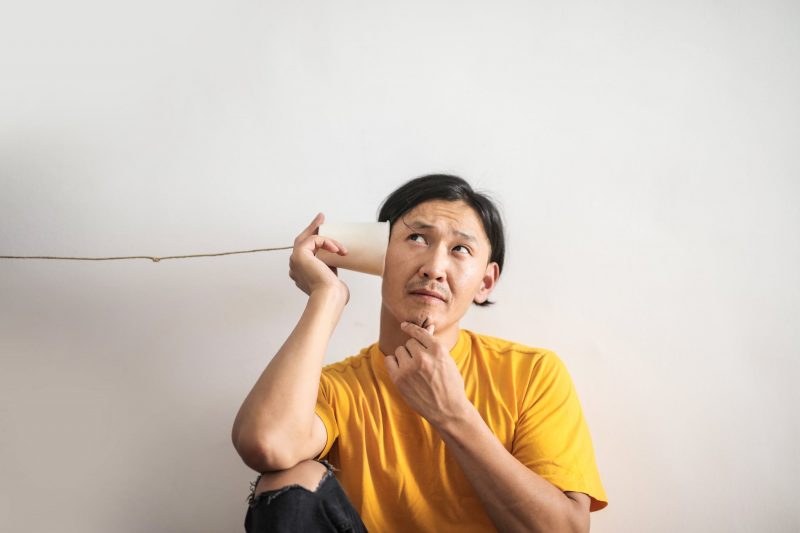In America, when we think of hearing voices, most people’s immediate reaction is to think well, that’s crazy! And while auditory hallucinations are certainly a sign of abnormal functioning in the brain, some societies think of them in a different manner: as a gift, magic, or as a sign from a higher being. With this in mind, we will dive deeper into why these hallucinations come to be and how interpretation may be a much more crucial component than we think.
But what causes these voices?
Most commonly, auditory hallucinations are tied to a diagnosis of schizophrenia. In short, schizophrenia occurs as a result of a lack of b-catenin transcription, going hand-in-hand with too much dopamine or too little Wnt signaling. Wnt signaling is a crucial component of development, so it’s a major concern when it isn’t working properly. These differences ultimately result in chemical variations in our neurotransmitters, which are essential for communication within the brain. Taken together, there are neurochemical, genetic, and environmental risk factors/implications associated with a schizophrenia diagnosis, ultimately manifesting as the voices people hear in their head.
How are the voices expressed?
To a patient with schizophrenia, these auditory hallucinations—voices—are as real as their mother and father’s voices. In many cases, the voices cause people to do things typically out of their character and are quite troubling, often encouraging their host to perform violent acts. The voices can lead to trouble keeping jobs and maintaining relationships, resulting in difficulty with “normal” societal functioning.
This understanding of voices in one’s head is what we Westerners commonly associate with auditory hallucinations. Think of movies you’ve seen about individuals with schizophrenia: in most movies, auditory hallucinations are commonly portrayed as a negative, insulting, troublesome, and sometimes dangerous aspect of the patient’s life.
What’s incredibly interesting, though, is that this all may depend on cultural context.
What if the voices aren’t bad?
While other cultures’ understanding of schizophrenia may be wildly different, the symptom expression can be almost the exact same—beside one crucial aspect: interpretation. These individuals still have the same major psychotic disorder, but don’t understand the visual hallucinations in the same manner. To Westerners, the  voices are most often hostile and scary, but different cultures see those voices as friendly and possibly even magical.
voices are most often hostile and scary, but different cultures see those voices as friendly and possibly even magical.
What this suggests, Stanford researcher Tanya Luhrmann says, is that “the way people pay attention to their voices alters what they hear their voices say” (see article below). This is an incredible thought. Essentially, interpretation may have a much bigger role in the voices’ manifestation than we ever considered. In Luhrmann and colleagues’ study, the results showed that while individuals from California, Ghana, and India all reported prevalence of both good and bad voices, not one American reported predominantly positive experiences with the voices, where the majority of the others did. The Americans were more likely to describe violent voices, whereas the Indians and Africans said their voices reminded them of friends and family—more of a companion than an outsider.
What does this mean?
This early research may suggest another method for treating schizophrenia: encouraging patients to develop relationships with their voices to have a more tolerable experience. Because there is no outright cure for schizophrenia, there is still much more to understand and study in order to improve patients’ quality of life. Thinking of auditory hallucinations as friends rather than foes may be the new “drug” of choice for schizophrenia.
To read more on Tanya Luhrmann and colleagues’ study, follow this link.
Other references:
https://www.webmd.com/schizophrenia/what-causes-schizophrenia#2
https://www.theatlantic.com/health/archive/2014/07/when-hearing-voices-is-a-good-thing/374863/
